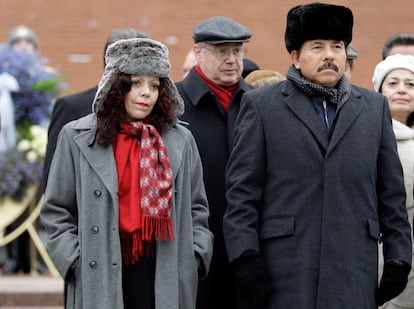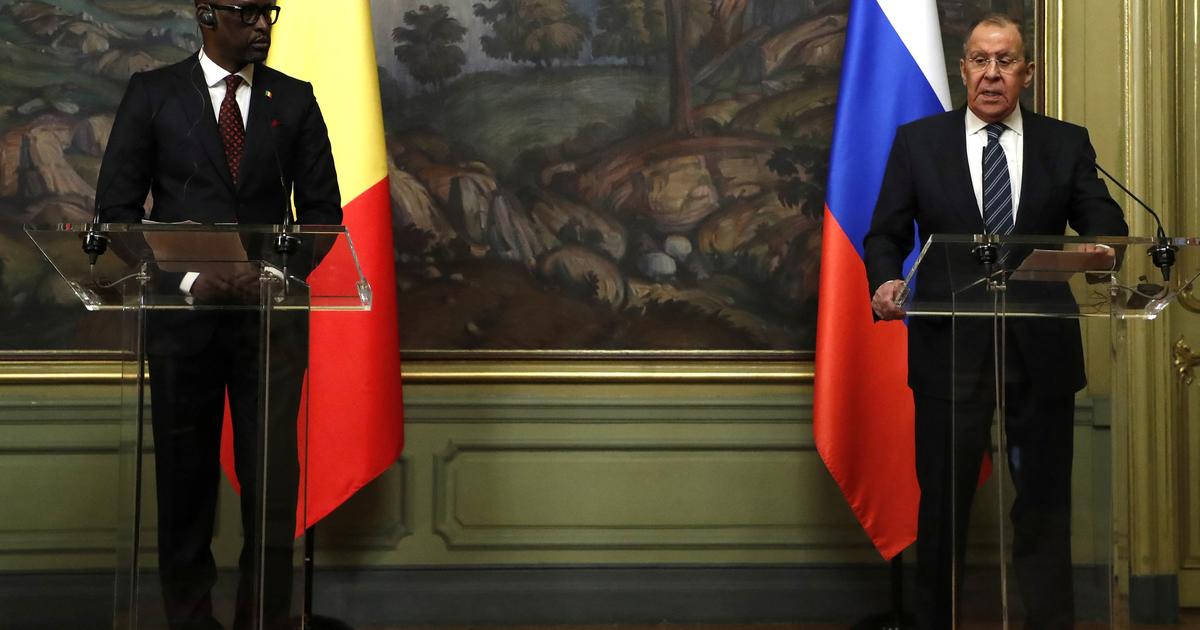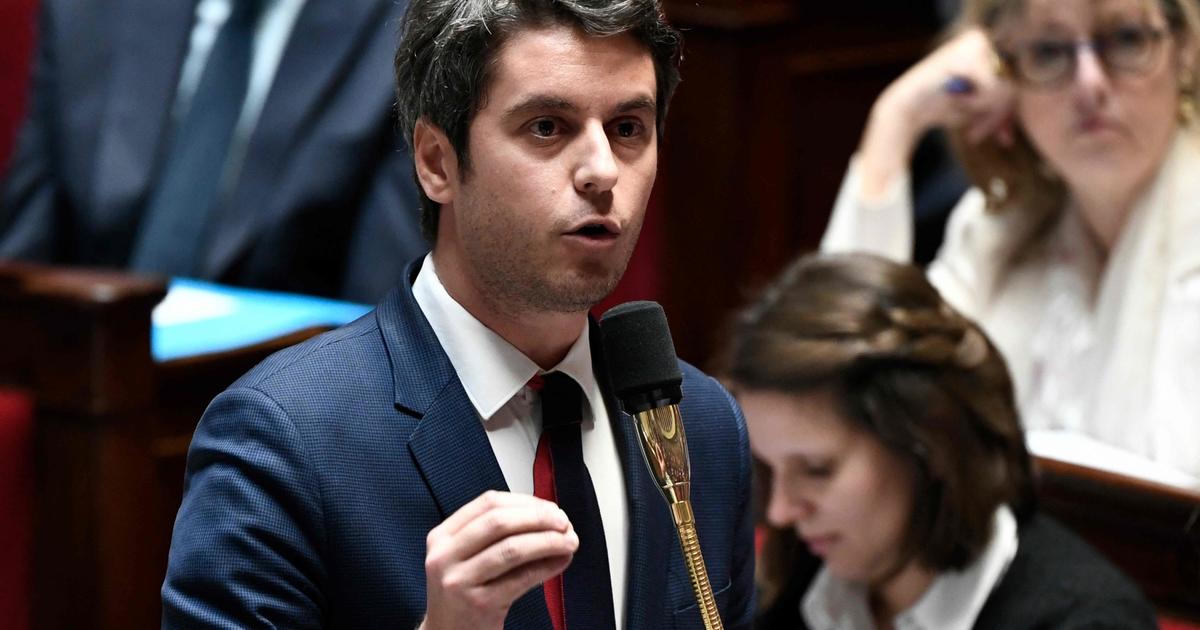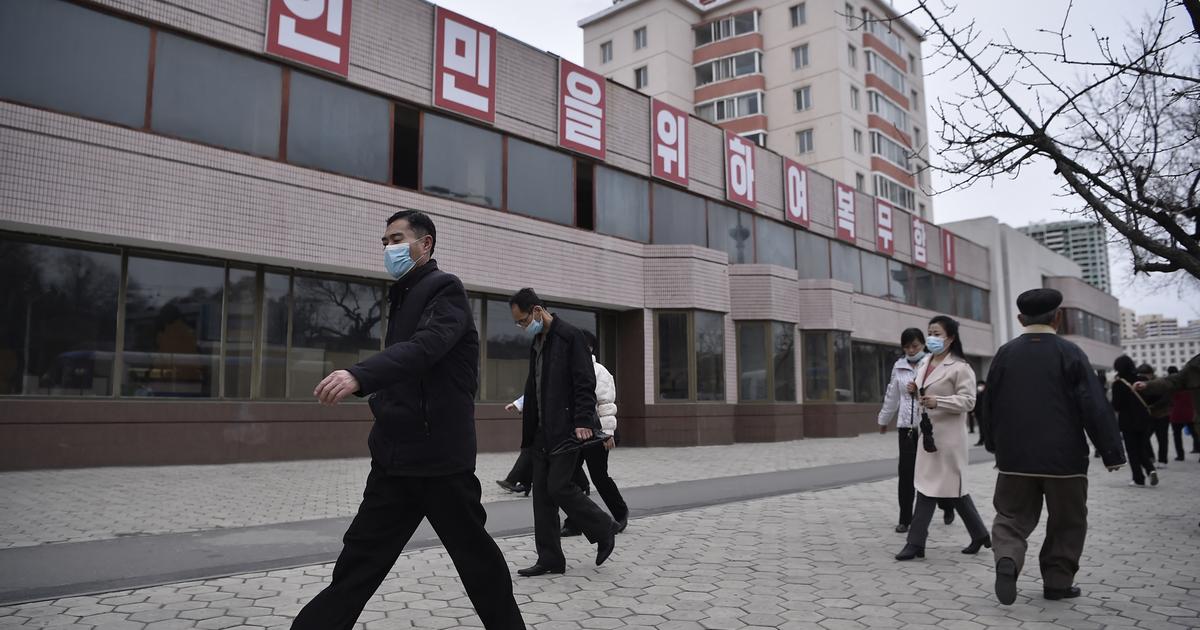At a time when Daniel Ortega's relations with Washington are at their lowest hours, the former Sandinista guerrilla is adding fuel to the fire.
This week, Vladimir Putin's propaganda apparatus has not skimped on reports that include an opinion issued on Wednesday by the ruling party in Nicaragua that allows the entry into the country, from July 1, to an undetermined number of military, ships and aircraft of the Russian Armed Forces to participate in what the regime has called "exchange exercises and military instruction and training in humanitarian aid operations."
This initiative comes after Ortega challenged the United States and the European Union by supporting Putin in his invasion of Ukraine,
Decree 10-2022 approved by the National Assembly —controlled by Ortega— authorizes the entry of the Russian military to carry out “patrol” work on the Caribbean and Pacific coasts of Nicaragua.
The approval is also given to the presence in the country of 80 Russian soldiers who, together with the Special Operations Command of the Nicaraguan Army, will participate "in the exchange of experiences and training exercises in humanitarian aid operations," while another 50 The military will work with members of the Naval Force, Air Force and the Broadcasting Corps, in what Managua calls an "exchange of experiences and operational communication with ships and aircraft of the Nicaraguan Army in confrontation tasks and the fight against drug trafficking and crime transnational organization.
Since the ruling was known, the Kremlin's propaganda has mobilized in what the Nicaraguan analyst Roberto Cajina calls a war of words that has a veiled threat to the United States.
Russian state television presenter Olga Skabeeva gave extensive coverage to Ortega's order on Thursday and said in reference to the possible arrival of the Russian military in Nicaragua that "it is time for Russia to deploy something powerful closer to the cities Americans”.
The state agency TASS also echoed the information, while the Moscow-funded Sputnik news site titled a report published this week: "Nicaragua: military cooperation with Russia responds to national security principles."
The president of Nicaragua, Daniel Ortega, greets Vladimir Putin, upon the arrival of the Russian president in Managua, in 2014.Alexei Nikolsky (AP)
Cajina, a consultant on security and defense issues, explains that it is normal for foreign military personnel to enter the country to participate in exchanges with the Nicaraguan Army, mainly related to training and support in humanitarian issues or the fight against organized crime.
In fact, Ortega's decree allows the entry of Cuban, Mexican, Venezuelan and Bolivian soldiers, but what is striking now, explains the analyst, is that it occurs at a time when Russia has lost international support for its invasion of Ukraine and Ortega does not was invited to the Summit of the Americas, held in Los Angeles, in an effort by Washington to further isolate a regime that it considers repressive and that violates human rights.
“Russia wants to put a little pressure on the United States and in the process lower the attention a little to the invasion of Ukraine,” says Cajina, “but, in reality, Moscow does not have the capacity to send weapons to Nicaragua, as it did with Cuba in 1962, with the missile crisis.
It is rather a war of words in the context of Ortega's eternal confrontation with the United States”, explains the analyst.
"A real Russian military presence in Nicaragua would generate an absolute rejection in America, because it would become a threat not only for Central America, but for the continent," says Cajina.
It is rather a war of words in the context of Ortega's eternal confrontation with the United States”, explains the analyst.
"A real Russian military presence in Nicaragua would generate an absolute rejection in America, because it would become a threat not only for Central America, but for the continent," says Cajina.
It is rather a war of words in the context of Ortega's eternal confrontation with the United States”, explains the analyst.
"A real Russian military presence in Nicaragua would generate an absolute rejection in America, because it would become a threat not only for Central America, but for the continent," says Cajina.
Ortega's decree, however, has already raised alarms in Central America.
The president of Costa Rica, Rodrigo Chaves, reacted alarmed to the information and in statements to a US media from the Summit of the Americas he said: “Right now, we have serious concerns with Nicaragua.
There is news that President Daniel Ortega invited the Russian Army to send troops and equipment to Nicaragua.
We have not had an Army since 1949. Imagine how we feel: worried, with good reason,” said the president.
Chaves' fears are not unjustified, given that Ortega has shown in the past to have a great capacity to destabilize the region: in the 1980s, the Sandinista Executive that he presided over aligned with the socialist bloc led by the then Soviet Union,
who gave Nicaragua military aid.
At the time, the country was facing a civil war harassed from Washington, with the government of Ronald Reagan financing a guerrilla trained in Honduras, the
against
, which sought to overthrow Sandinismo.
That conflict generated an exodus and a humanitarian crisis whose heaviest weight was suffered by Costa Rica.
Until now it is not clear what Ortega expects from Putin, with whom he has strengthened his relations since 2008, when he supported the annexation by Russia of the territories of Abkhazia and South Ossetia.
In that year, Ortega faced strong pressure from the United States, after the denunciation of a massive fraud in the municipal elections that gave a wide advantage to his party, the Sandinista Front.
In 2014, Ortega also supported the Russian occupation of Crimea and even ordered the establishment of a consulate that was mocked on social networks, given Nicaragua's null relationship with that Ukrainian region.
In gratitude, Vladimir Putin paid a visit to Nicaragua that year, where he was received by Ortega and his wife, Rosario Murillo.
Ortega welcomed Putin with a comradely embrace, but perhaps expecting something more than a pat on the back.
The first lady and the president of Nicaragua, Rosario Murillo and Daniel Ortega, in Moscow, Russia, in December 2008. Misha Japaridze (ASSOCIATED PRESS)
The Nicaraguan government has reported that Moscow has financed a military training center for the fight against drug trafficking, aid for the strengthening and modernization of the Army and 26 million dollars (about 21 million euros) to deal with natural disasters.
In 2016, Russia officially reported that it was sending Nicaragua a first batch of 20 T-72B war tanks, at a cost of 80 million dollars, and the Russian information agency RIA Novosti assured that Russia had already supplied the Central American country with 12 systems. anti-aircraft defense ZU-23-2, two Mi-17V-5 helicopters, as well as "a batch" of armored vehicles.
The orders from Nicaragua to Russia included four patrol boats, at an approximate cost of 45 million dollars.
The Nicaraguan writer and Cervantes Prize winner Sergio Ramírez—exiled in Spain—scoffed at Russia's relations with Ortega.
Ramírez, who was vice president of Nicaragua in the 1980s, told the magazine Divergentes that Russia "is not an effective ally for Ortega," since it is "a paper tiger" that "plays at being the great superpower because it has warheads nuclear”.
“But while he has to invest all possible resources in his war in Ukraine, what can he offer Ortega more than buses that break down the following year?” the writer mocked.
So what does Nicaragua gain from its relationship with Putin?
"Practically nothing," says analyst Cajina.
“The commercial exchange between Nicaragua and Russia is insignificant.
What Nicaragua gives Russia, in diplomatic terms, is of little value in the global context.
And neither do Moscow's criticisms of the United States sanctions against Nicaragua have weight, "he says.
Ortega, however, continues to add fuel to the fire of tension with Washington.
Subscribe here to the EL PAÍS América newsletter and receive all the key information on current affairs in the region.






